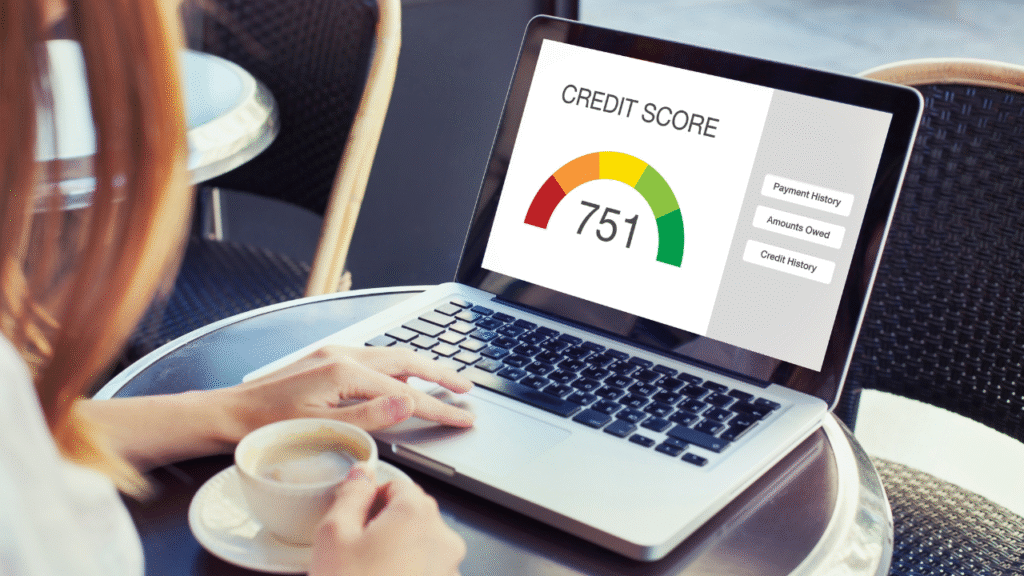Cryptocurrency is transforming the way we think about money, investment, and privacy. But with great opportunity comes great responsibility—especially when it comes to keeping your digital assets safe. Whether you’re a seasoned trader or just starting your crypto journey, choosing the right wallet is crucial for maximum security.
In this guide, we’ll explore the best crypto wallets for security, explain what makes them stand out, and help you decide which option fits your needs.
Why Crypto Wallet Security Matters
Cryptocurrencies like Bitcoin and Ethereum are decentralized and irreversible by design. This means if your wallet is compromised, there’s no customer support hotline to recover your funds. Hackers are always on the lookout for vulnerabilities, so using a secure wallet is your first line of defense.
Key Security Features to Look For
- Private key control: Only you should have access to your private keys.
- Strong encryption: Protects your wallet from unauthorized access.
- Backup and recovery options: Allows you to restore your wallet if you lose your device.
- Multi-factor authentication (MFA): Adds an extra layer of protection.
- Open-source code: Enables community audits for vulnerabilities.
Types of Crypto Wallets: Which Is Safest?
Before diving into specific wallets, let’s break down the main types:
1. Hardware Wallets
Hardware wallets are physical devices that store your private keys offline, making them immune to online hacks. They’re widely considered the gold standard for security.
2. Software Wallets
These wallets run on your computer or smartphone. While convenient, they’re more vulnerable to malware and phishing attacks if not properly secured.
3. Paper Wallets
A paper wallet is a physical printout of your public and private keys. While immune to cyberattacks, they can be lost, damaged, or stolen.
4. Custodial Wallets
These are managed by third parties (like exchanges). While convenient, you don’t control the private keys, which means you’re trusting someone else with your assets.
Top 5 Best Crypto Wallets for Maximum Security in 2025
1. Ledger Nano X
Type: Hardware Wallet
Best For: All-around security and mobile users
Why It’s Secure:
- Stores private keys offline
- Bluetooth connectivity with robust encryption
- PIN code and recovery phrase protection
- Supports over 5,500 coins and tokens
Bonus: Regular firmware updates and a large, active community.
2. Trezor Model T
Type: Hardware Wallet
Best For: Advanced security and open-source enthusiasts
Why It’s Secure:
- Open-source software for transparency
- Touchscreen for easy PIN entry
- Passphrase and multi-signature support
- Supports hundreds of cryptocurrencies
Bonus: No Bluetooth (reduces wireless attack surface).
3. SafePal S1
Type: Hardware Wallet
Best For: Budget-conscious users who want strong security
Why It’s Secure:
- Air-gapped (no USB, Bluetooth, or WiFi)
- Self-destruct mechanism if tampered with
- Supports multiple blockchains
Bonus: Affordable without sacrificing security.
4. Exodus
Type: Software Wallet (Desktop & Mobile)
Best For: Beginners and multi-asset users
Why It’s Secure:
- Private keys stored locally on your device
- Built-in exchange for easy swaps
- Optional hardware wallet integration (with Trezor)
Bonus: User-friendly interface and 24/7 support.
5. Electrum
Type: Software Wallet (Desktop)
Best For: Bitcoin power users
Why It’s Secure:
- Open-source and highly customizable
- Supports multi-signature wallets
- Cold storage capability
Bonus: Lightweight and fast, perfect for advanced users.
How to Maximize Your Crypto Wallet Security
Even the best wallet can’t protect you if you don’t use it wisely. Here are some best practices:
- Always backup your recovery phrase and store it in a secure, offline location.
- Enable two-factor authentication whenever possible.
- Keep your wallet software up to date to patch vulnerabilities.
- Beware of phishing scams—never share your private keys or recovery phrase.
- Consider using a dedicated device for crypto transactions.
Frequently Asked Questions
What’s the safest type of crypto wallet?
Hardware wallets are generally considered the safest because they store your private keys offline, making them immune to most online threats.
Can I use more than one wallet?
Absolutely! Many users keep a small amount of crypto in a software wallet for daily use and the bulk of their assets in a hardware wallet for long-term storage.
What happens if I lose my hardware wallet?
As long as you have your recovery phrase, you can restore your assets on a new device. Never share or lose your recovery phrase.
Conclusion: Secure Your Crypto Journey
Securing your cryptocurrency is not just about choosing the right wallet—it’s about staying informed and vigilant. By selecting a top-rated wallet like Ledger Nano X, Trezor Model T, or SafePal S1, and following security best practices, you can protect your digital wealth from threats.
Ready to take control of your crypto security?
Choose a wallet that fits your needs and start protecting your assets today. Don’t wait until it’s too late—your financial future deserves the best defense.






